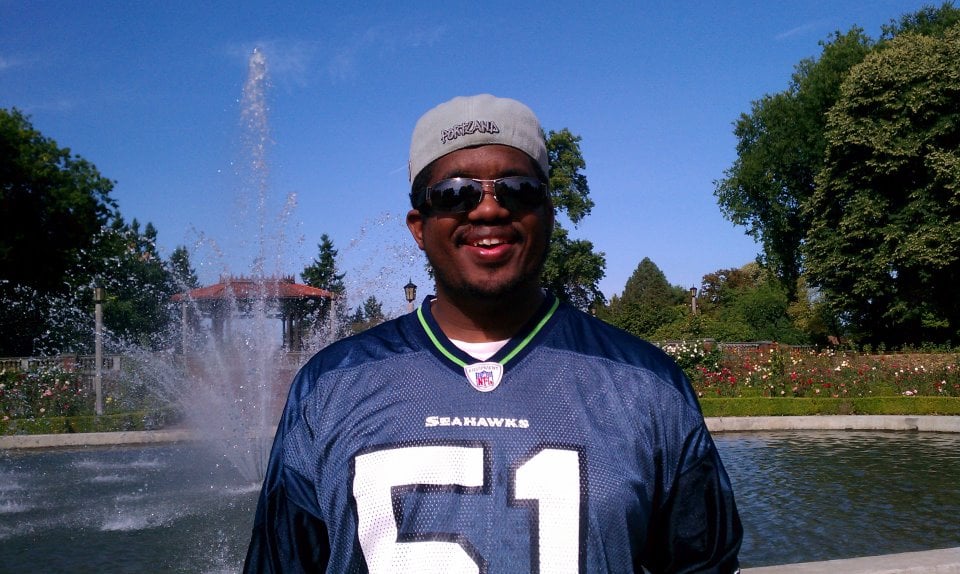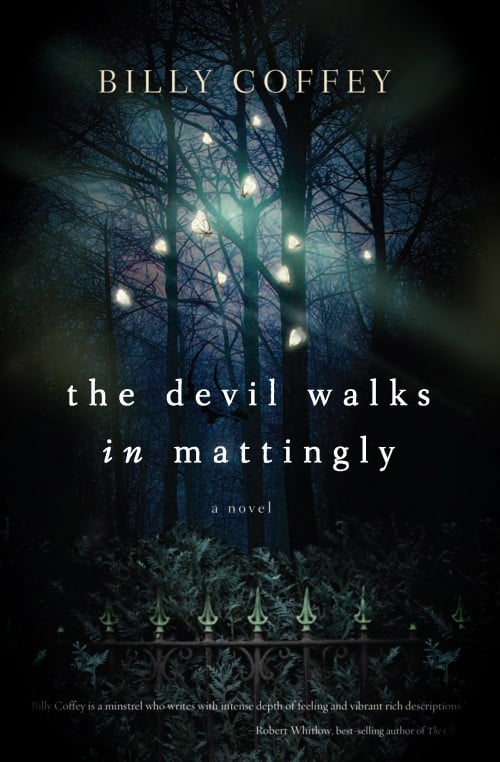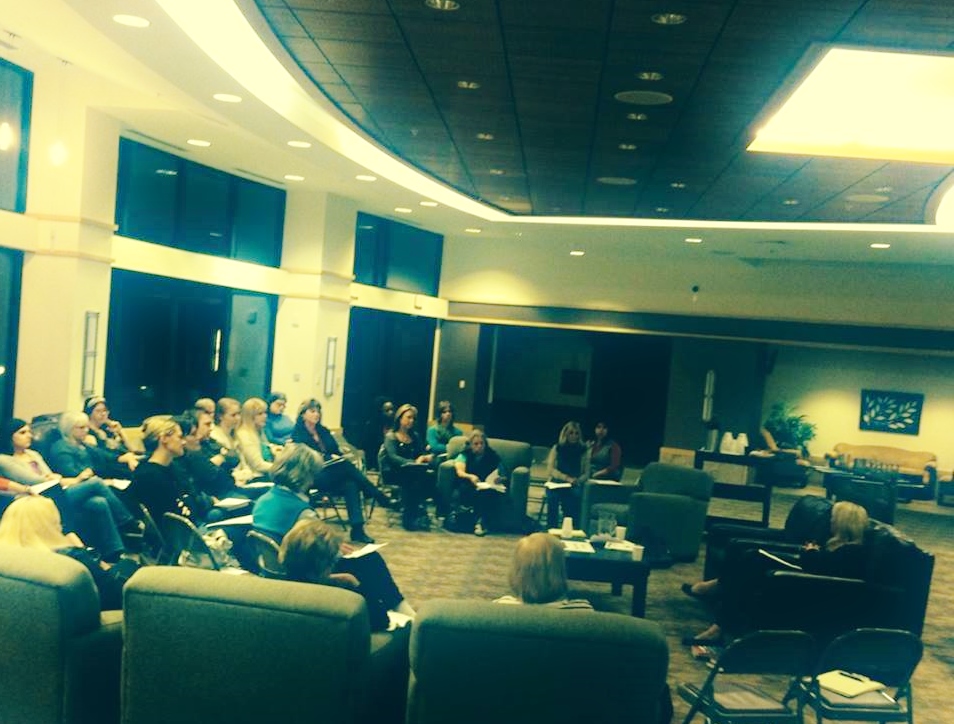Critics are raving about author John Hart’s latest release – IRON HOUSE. Noting that Hart is already a two-time Edgar winner, Booklist says, Hart is” not the kind of writer who needs a breakthrough book. And, yet, IRON HOUSE lifts Hart to an altogether new level of excellence.”
In the mountains of North Carolina, orphaned brothers Michael and Julian have secrets that alienate them from a world they’ve never felt part of anyway. Theirs is an unconventional family but the love they share as brothers is universal. As the eldest brother by a year, Michael has long been his brother’s protector – and it’s that need to fix things for Julian that propels Michael into a life of crime he never imagined and now, because of the love of a woman, has decided he no longer wants. IRON HOUSE is a riveting tale of good people making hard choices.
Join us as author Karen Spears Zacharias interviews author John Hart.
KAREN: How did the story of IRON HOUSE first present itself to you?
JOHN: My previous novel, THE LAST CHILD, dealt with a remarkable young boy caught in terrible circumstances. By the end of the story, though, he’d found his way to more wholesome circumstances, something of a soft landing. It got me thinking about the set-up for IRON HOUSE: a tough, smart kid who never got that soft landing. What kind of man might he become? Just how far would that inner strength take him? IRON HOUSE was built around that character, a tough-as-nails, good-souled boy forced by circumstance to grow into a dangerous man.
KAREN: There are so many characters of such depth & detail in this story. What’s your method for fleshing out your characters?
JOHN: I don’t outline when I write, which means I enter the story wide-open to possibility. Living with the characters for a year or so presents all kinds of opportunity to plumb their depths and draw out the most fascinating bits of them. If I knew from day one who they would be by the end of the book, that kind of organic exploration would be much harder.
KAREN: The bonds of brotherhood thunder throughout the pages of this book. What are the challenges an author faces when trying to build such strong emotional bonds between male characters as opposed to female characters? Or does gender matter?
JOHN: In general, gender doesn’t matter. The human condition is basically universal, and the bonds between mother and son or brother and sister are just as powerful. THE KING OF LIES, for instance, dealt with brothers and sisters, DOWN RIVER with fathers and sons, THE LAST CHILD with a brother, sister, mother. As a man (and to steal your language…) I feel the power of brotherhood “thunder throughout the pages” of IRON HOUSE as I do through life itself. It’s why I write about family … the power of those bonds. Love is more intense, hurts run deeper and memory is a timeless thing. These are strong elements if one is trying to write a thriller that twines deeply into the readers’ emotions.
KAREN: Why did you take on the issue of mental illness?
JOHN: Tackling meaningful issues can give depth to most any narrative, but for me, nothing comes before the story itself. Simply put, I needed mental illness to move the story deeper, to give it more power and resolution. If readers come out of the book more thoughtful about the issue, that’s a great thing, but it was never my purpose. I have few illusions that way: I’m a storyteller, nothing more.
KAREN: Did you base the physical IRON HOUSE on any of North Carolina’s asylums? Broughton, perhaps?
JOHN: To the contrary, actually. I work hard to keep my stories removed from reality. I want the “feel of reality”, of course, but lifting elements whole-cloth from the real world is another way to limit oneself as a writer. If I looked too closely at Broughton, for instance, I might impede my imagination. At the end of the day, all I need is between my own two ears.
KAREN: Are you familiar with the Stanford prison experiment, in which students assumed the role of a prison guard or inmate? It was a look at the psychology of what the average person will or won’t do given a set of circumstances. You seem to be running Elena through this sort of experience to make a similar point. Did you mean for this to be a look at how quickly our values deteriorate when our lives are at stake?
JOHN: Elena is the one pure innocent in the book, and I wanted to delve into that purity, to explore how she would weigh Michael’s abilities and violent past against her own feelings and the future of the child she carried. In short, I wanted to know the depth of her love for Michael. Given all she learned about him, could she still see the goodness in his soul? Could she forgive his sins and move on? That’s a big question, and Elena’s struggle ended up an even bigger part of the book.
KAREN: Too many mystery writers rely heavy on plot. Their main characters are usually loners, thus freeing writers of the cumbersome task of carrying plot and character development. You, on the other hand, provide a fast-paced narrative and rich characters. Which comes easiest for you – the characters or the plot?
JOHN: The two are so fundamentally entwined – character and plot, plot and character – I don’t think I can separate them out. Both are important, both are challenging. I just know that writing novels is hard damn work.
KAREN: How do you then go about addressing the part you struggle with?
JOHN: Like all writers, I gut it out. Day after day, month after month. Ideas come at odd times, and it’s important to be aware of them as they surface. That could be in the shower, driving the car or playing catch with your child. When that idea does strike, I try to stop whatever I’m doing and grab it. It frustrates my wife to no end.
KAREN: Who do you read when you aren’t writing?
JOHN: I’m a sucker for smartly-done mysteries and thrillers, and tend to go in that direction. Lee Child, Michael Connelly, Dennis LeHane, Patricia Cornwell, John Sandford, Harlan Coben: great writers who’ve been doing it for awhile. But there are some strong new ones, too: Marcus Sakey, Michael Koryta, Megan Abbott – writers I’ve come up with, friends and colleagues.
KAREN: Do you have a writing mentor?
JOHN: Patricia Cornwell was an early inspiration (We both went to Davidson College…) and has shared kind words. Harlan Coben has offered great career advice, and Pat Conroy was an early encourager; but no one rises to the level of mentor. It would be a tough thing, I think. Writing is such a solitary profession. We keep our heads down, then rise, blinking, when the new book comes out. That being said, I have found the community of writers to be a wonderful place: friendly, supportive, understanding.
KAREN: People often think of writers having “overnight success.” How many years did your “overnight success” take?
JOHN: Ha ha, great question! I’ve often described my career as a fifteen year overnight success story. I wrote two failed novels before THE KING OF LIES came out, guns blazing. Mixed in was law school, a master’s degree, multiple careers. Through it all, I never lost sight of what I really wanted. Fortunately, my wife never doubted. Quit that job, she’d say. Write another book! I always tell aspiring writers about the importance of “encouragers.” The world is filled with people who doubt. To write, such people must be avoided at all cost.
KAREN: If you had to name one thing that helped garner you attention in a genre littered with lawyers-turned-writers, what is it?
JOHN: A praise-filled quote from Pat Conroy. It sent a great signal.
KAREN: Any big surprises about the writing life that you know now but didn’t know when you were imagining this life?
JOHN: I thought success would make writing easier, but it doesn’t. Every time I start a book, I wonder if I’ll finish it; then I wonder if it will be any good. I’ve talked to a number of giant bestselling authors who feel the same way. Writing is a fearsome business, but in the best possible way. I never doubt I’m living on the razor’s edge: fortune and glory on one side, a death-spiral to failure and frustration on the other.
P.S. Dear IRS: I was sent an advanced reader copy of John Hart’s book. I bet the only copies of books you receive are from Hal Lindsay, right?












